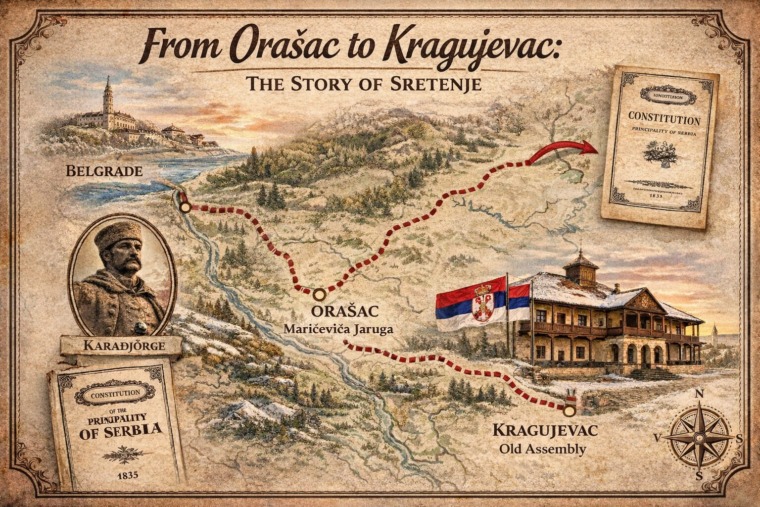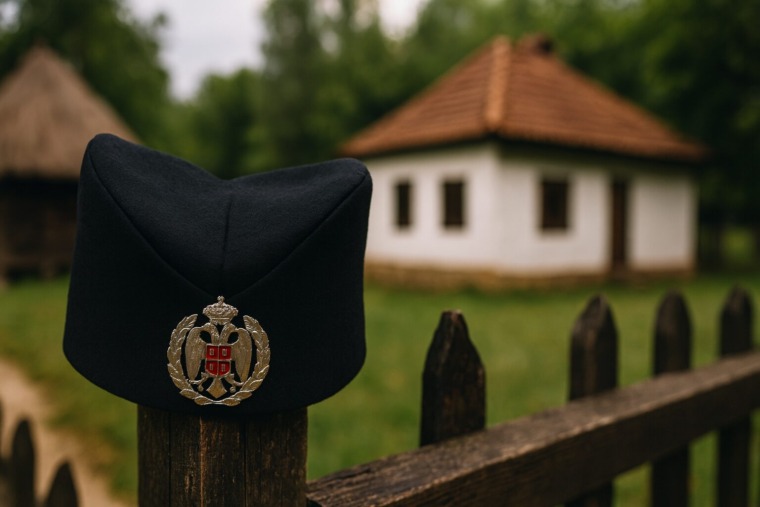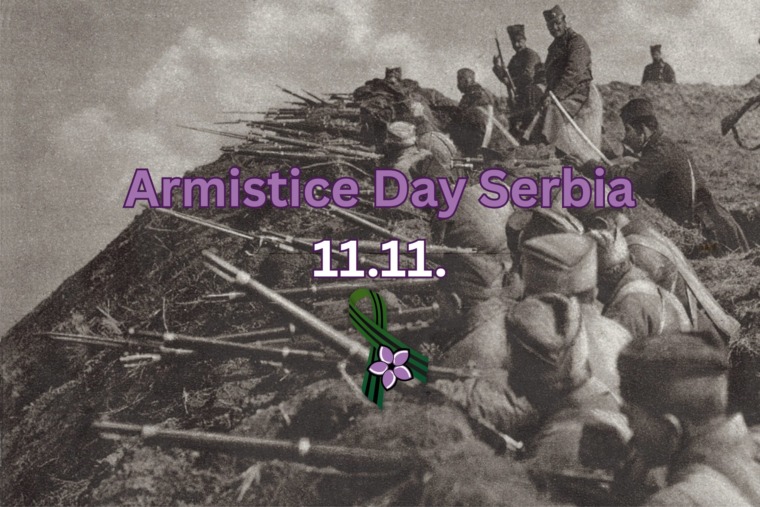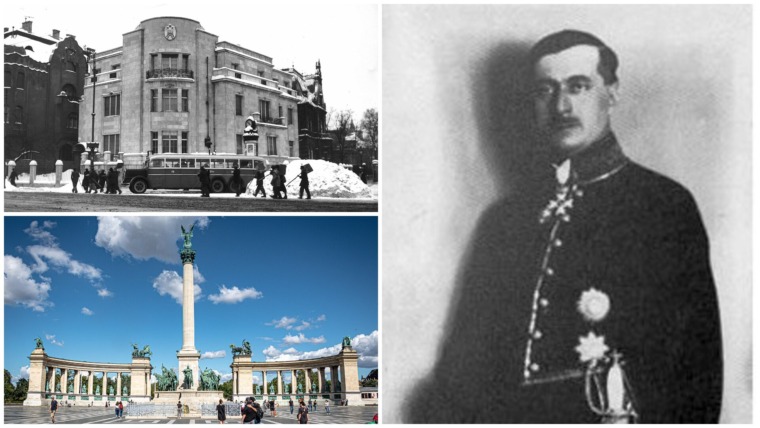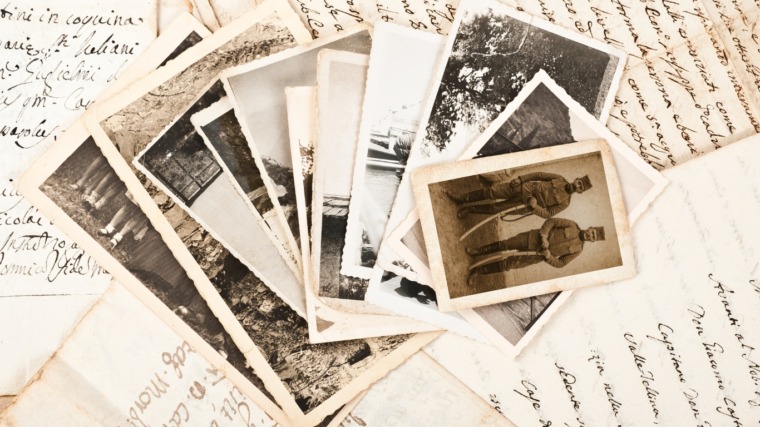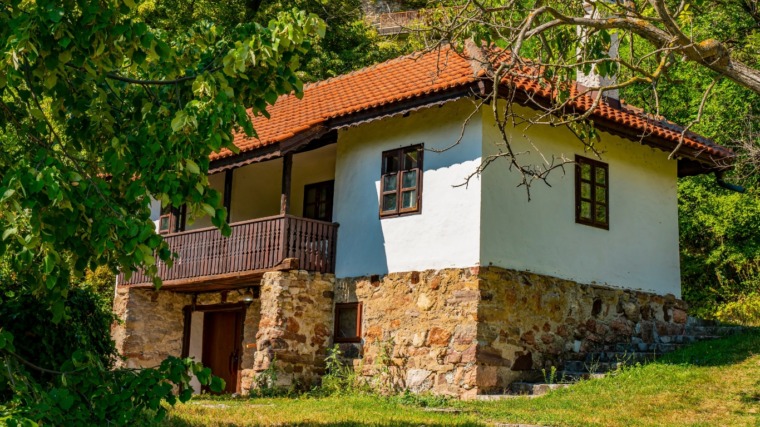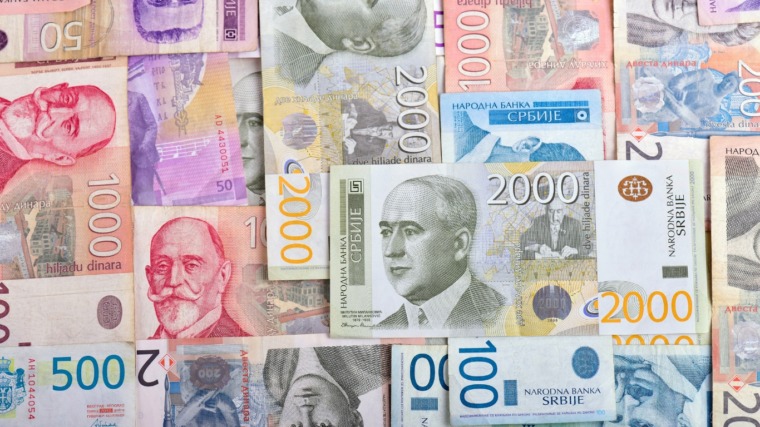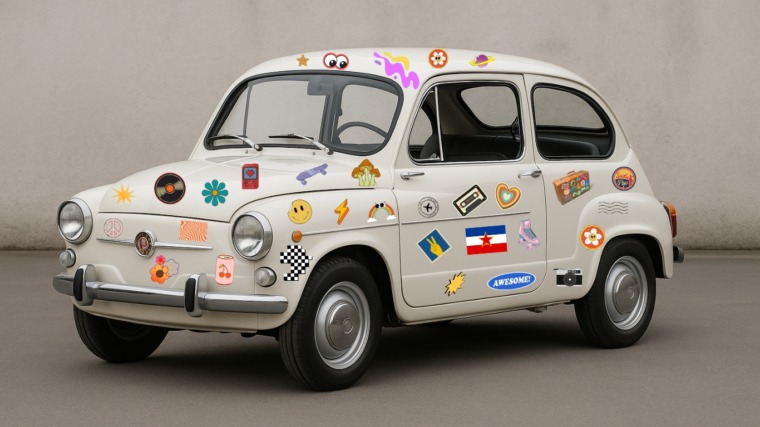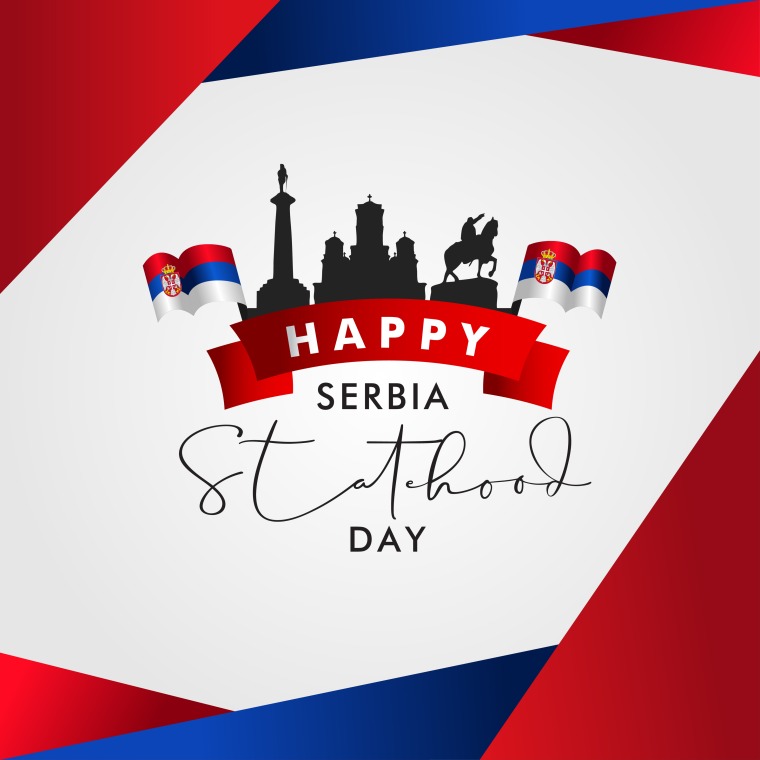

At the end of the first year of the Great War, the Austrians dangerously encroached into Serbia, crossing the Sava and Drina rivers in their attempts to win Kosmaj. In this first, fast and powerful wave of enemies, the Serbian army retreated, abandoning its own cannons due to lack of time to dislocate the artillery. Only two soldiers refused to hand over their cannon to the enemy and managed to intimidate his myriad forces and defend the mountain of Kosmaj. Those two were Lazar Čokić and Jakob Šarčević.

Squeezed by fire from all sides, on November 23, 1914, facing the onslaught of well-armed and more numerous enemy, the Serbian troops started to abandon their trenches on Kosmaj. Austro-Hungarian artillery was concentrated at several positions, so it continuously fired from a semicircle. Any attempt to retaliate seemed futile. The soldiers removed the bolt from the cannons so that the enemy would not be able to use them, and started to back away together with footmen from the front lines.
Only two soldiers did not leave their cannon: Lazar Čokić, a gunner of the 3rd Field Battery Platoon, and his friend Jakov Šarcević, the only remaining assistant.
“From his position, Lazar Čokić calmly watched what was happening. On one side, he saw the mighty enemy army in blue uniforms getting even closer, and on the other – he saw his village Kovačevac. He looked at his native village and his heart ached with grief: if he retreates now, he might never see it again. So, Čokić decided to die there on his own, next to his cannon”, wrote his contemporary Milan Šantić, the author of “The Knights of Freedom” in which – among others – he told the story of the heroes of Kosmaj.
Lazar’s field cannon was so fast that it seemed as if the entire firing battery was firing. This created confusion among the Austrians, but they sent hundreds of bullets whizzing around the heads of the two heroes. Even the shells were falling, but luckily, none of the dreadful ammo did not hit Lazar and Jakov.
Sober-blooded, they continued their work. Inspired by their courage, the gunners who went on the run, came back and resumed shooting at the enemy. Suddenly, the situation was completely reversed. The enemy who was there, within reach, began to flee in all directions. The cannonfire pushed them across the Sava and Danube rivers.
Lazar’s and Jakov’s bravery was heard of among all soldiers and officers, and Karađorđe’s Star Medal was awarded to gunner Čokić as a sign of admiration for the heroic act which is recounted up to the present day.
“Son, let’s go back to our house now!”
In Kovačevac, Lazar’s native village, at whose treshold he wanted to die heroically, people said that Lazar Čokić was killed on Kosmaj, and some asserted that he drowned in the Danube. The truth is that he kept with his unit throughout the war; he even went through the Albanian Golgotha. He never wrote to anyone, because to notify the others that you are well and alive during the war does not mean that you shall be alive tomorrow and that you shall eventually return home. Therefore, he did not want to give false hope.
All the years of the war he was dreaming about returning to his village where he would find all his dearests alive. Finally, he appeared in Kovačevac in a rainy November night. He walked through the dark village in a ragged overcoat while his soul was torn by uncertainty if he would again see all his loved ones.
He could not go to the house, and first visited his relatives. With the look of fear, he was waiting for the harsh truth. Those few moments were longer and scarier than the entire war. As a fearsome judge, a cousin uttered: “Everyone is alive and well.” These words started to ring in Lazar’s head, and a terrible burden has fallen from his back. At this point, a little boy came into the room. Lazar was asked whose child it is. Astonished, the cousin said: “For God’s sake, it’s your Voja!”
Tears glistened in the eyes of Lazar and he only uttered: “Son, let’s go back to our house now…”
Source: The story “Alone with a cannon” from the book “The Knights of Freedom” by Milan Šantić, published in Belgrade, in 1938. Pages 147-15
 The article supported by The Office for Cooperation with Diaspora and Serbs in the Region.
The article supported by The Office for Cooperation with Diaspora and Serbs in the Region.

